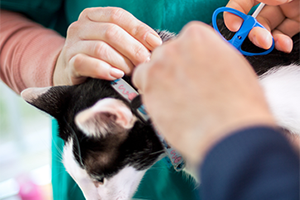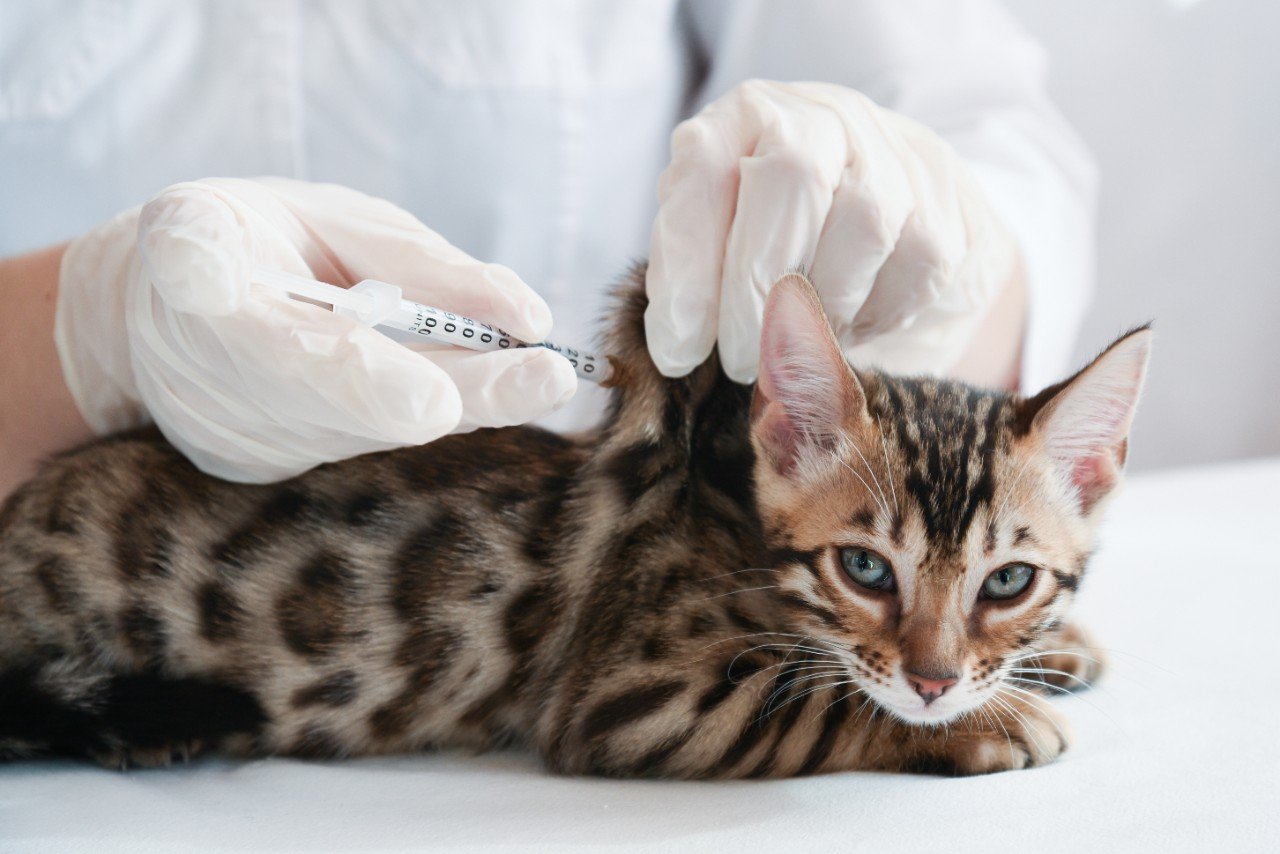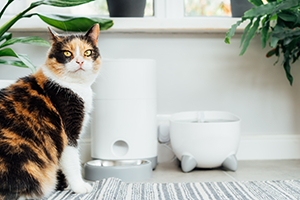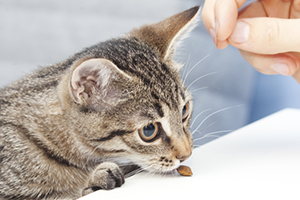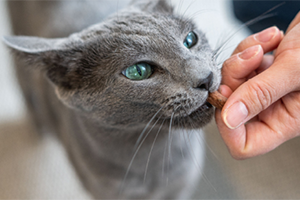Train a kitten using positive reinforcement methods, such as rewarding your kitten with treats and affection when they behave as you want and ignoring undesirable behaviour.
‘You can start training your kitten as soon as they’re settled in your home,’ says Nicky Trevorrow, Behaviour Manager at Cats Protection, the UK’s largest cat welfare charity.
‘It’s important to keep your kitten’s early experiences positive and give them plenty of rest,’ says Nicky. ‘If you frighten or stress them, you could end up sensitising them to the thing you’re trying to familiarise them with.’



